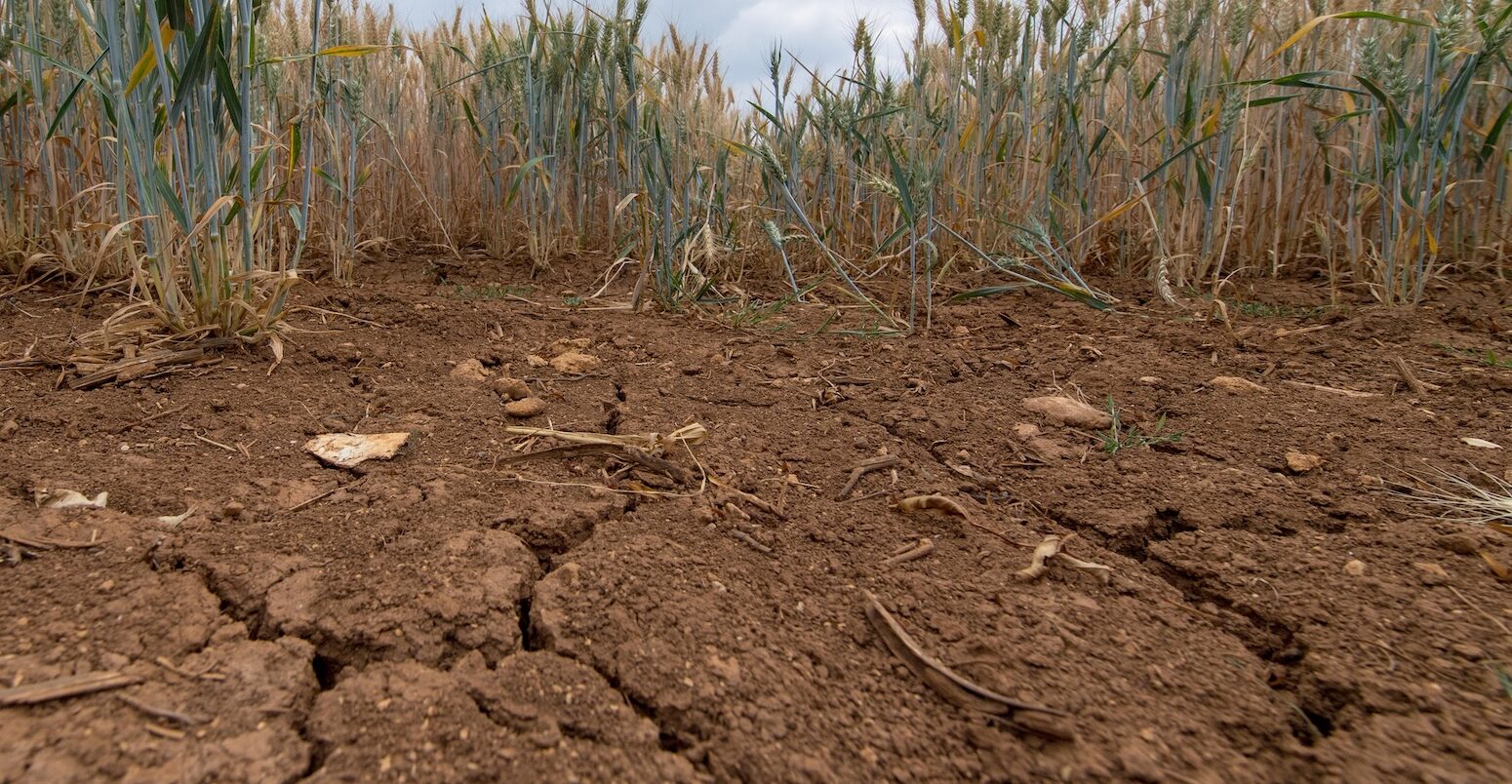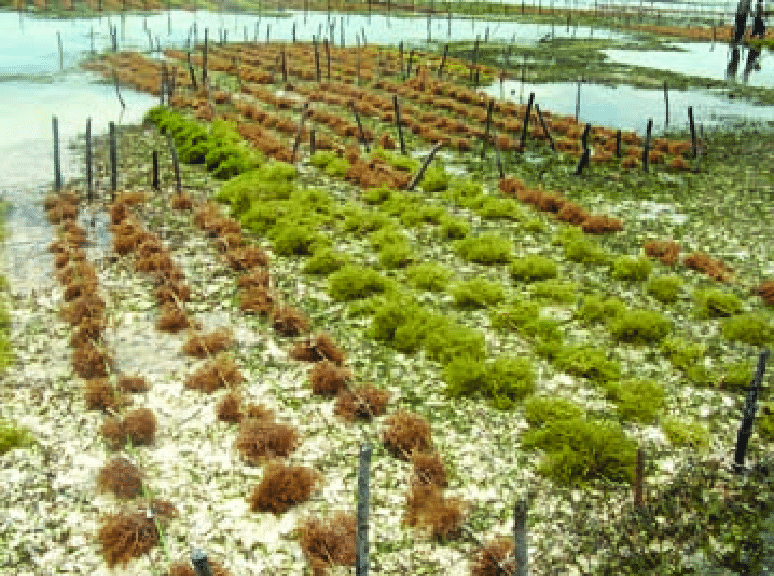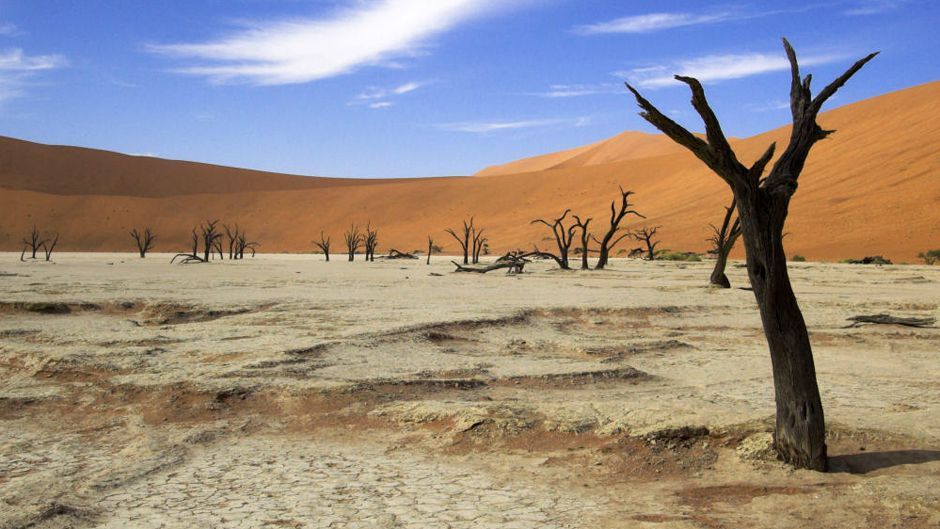Junior Research Scientist in soil science – Functional role of physical properties of forest soils
What will be your mission?
The research carried out by the Biogeochemistry of Forest Ecosystems (BEF) unit is centered on forest soils: it aims to improve knowledge on biogeochemical cycles and the functioning or even dysfunction of forest ecosystems in a context of global changes, in order to provide recommendations for sustainable management of these environments.
The physical properties of forest soils play a central role in the control of processes operating in soils, in biogeochemical cycles, and more generally in the functions provided by soils (storage and transfer of fluids and elements, storage of C, biomass production…). The risk of physical degradation of forest soils has never been so high (increasing mechanization, increased exploitation, etc.), but the state of the physical properties of forest soils and their evolution remain very little studied to date.
Your research will focus in particular on characterizing the physical properties of forest soils, identifying the factors that control them, and understanding the role of physical properties in the functions provided by soils. You will work from the scale of the soil aggregate to that of the soil profile. You will also be interested in the evolution of these physical properties under constraints: for example, this will involve studying the effect of silvicultural disturbances (compaction, residual shrinkage, cutting, etc.) and climatic disturbances on the physical properties of soils, the functions associated and you will be interested in their natural or assisted restoration. From an operational point of view, this research will make it possible to better understand and predict the evolution of the physical properties of soils and to propose recommendations for sustainable management of soils and their functions.
Your work will contribute to improving the understanding of biogeochemical cycles as a whole and to strengthening the lab’s capacity to carry out multi-criteria research focused on forest soils. To do this, you will ensure that you integrate different functional scales and combine physical, chemical and biological approaches to the quality of forest soils.
You will have to consider methodological developments at the different scales previously mentioned. For this, you will have access to numerous laboratory equipment dedicated to the analysis and characterization of soils, present in the unit, on the INRAE Champenoux site and at the University of Lorraine. You will also have access to highly instrumented in situ devices, some of which benefit from manipulated methods (soil compaction, harvest residu manipulation, etc.). You will be able to rely on the skills and know-how of your future colleagues . Your research will allow you to easily integrate into the INRAE scientific community mobilized on soils but also into the European and international research communities already mobilized by the unit.
What are the conditions for applying?
Candidates must have a PhD, or equivalent.
The candidate must have had solid training in soil sciences and more particularly in soil physics. A doctoral or postdoctoral specialty in soil physics is desired. Experience in forest ecosystems would be a plus. Proficiency in English is required as well as long-term international experience: successful candidates who have not yet had any will be required to spend time abroad at the end of the internship year.
Get to know us
The French National Research Institute for Agriculture, Food, and the Environment (INRAE) is a public research organisation. It is a community of 12,000 people with more than 200 research units and 42 experimental units located throughout France. As the first research institution in Europe for animal and plant sciences, INRAE carries out mission-oriented research for high-quality and healthy foods, competitive and sustainable agriculture and a preserved and valorised environment.




